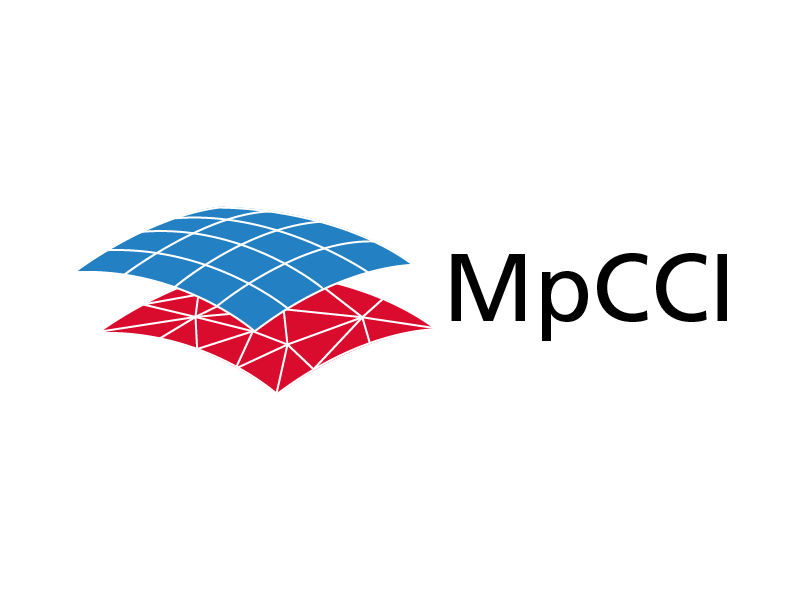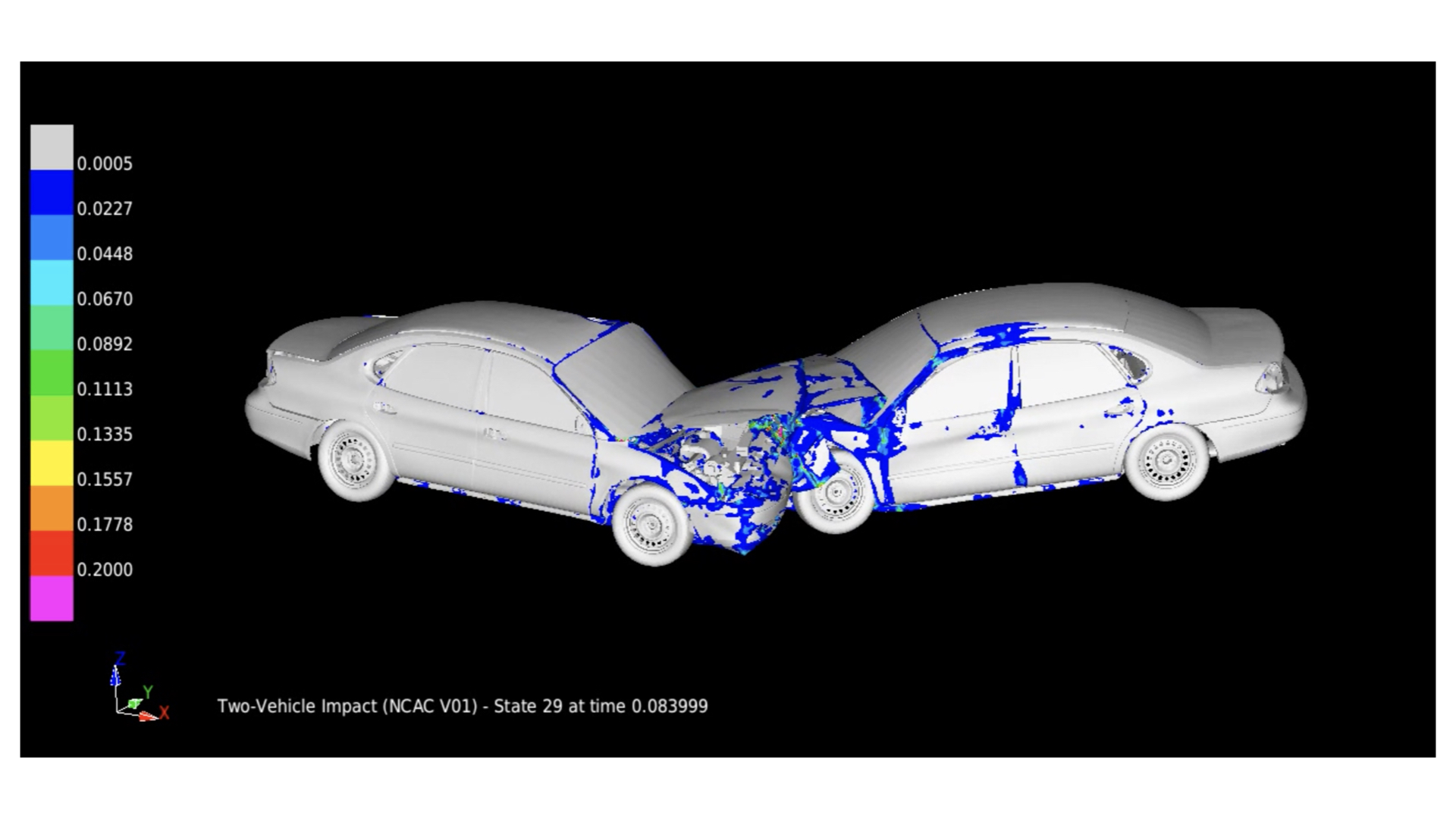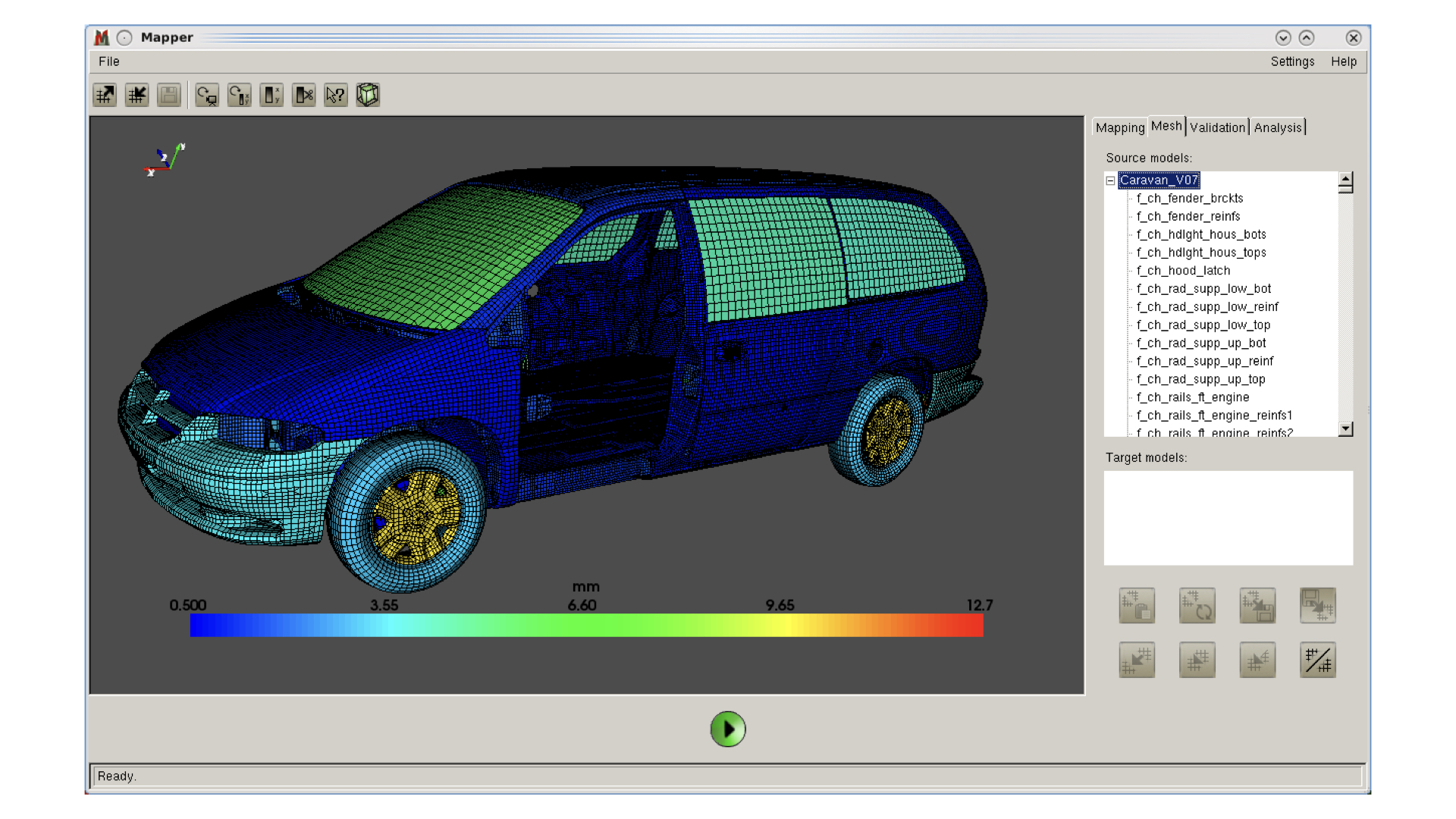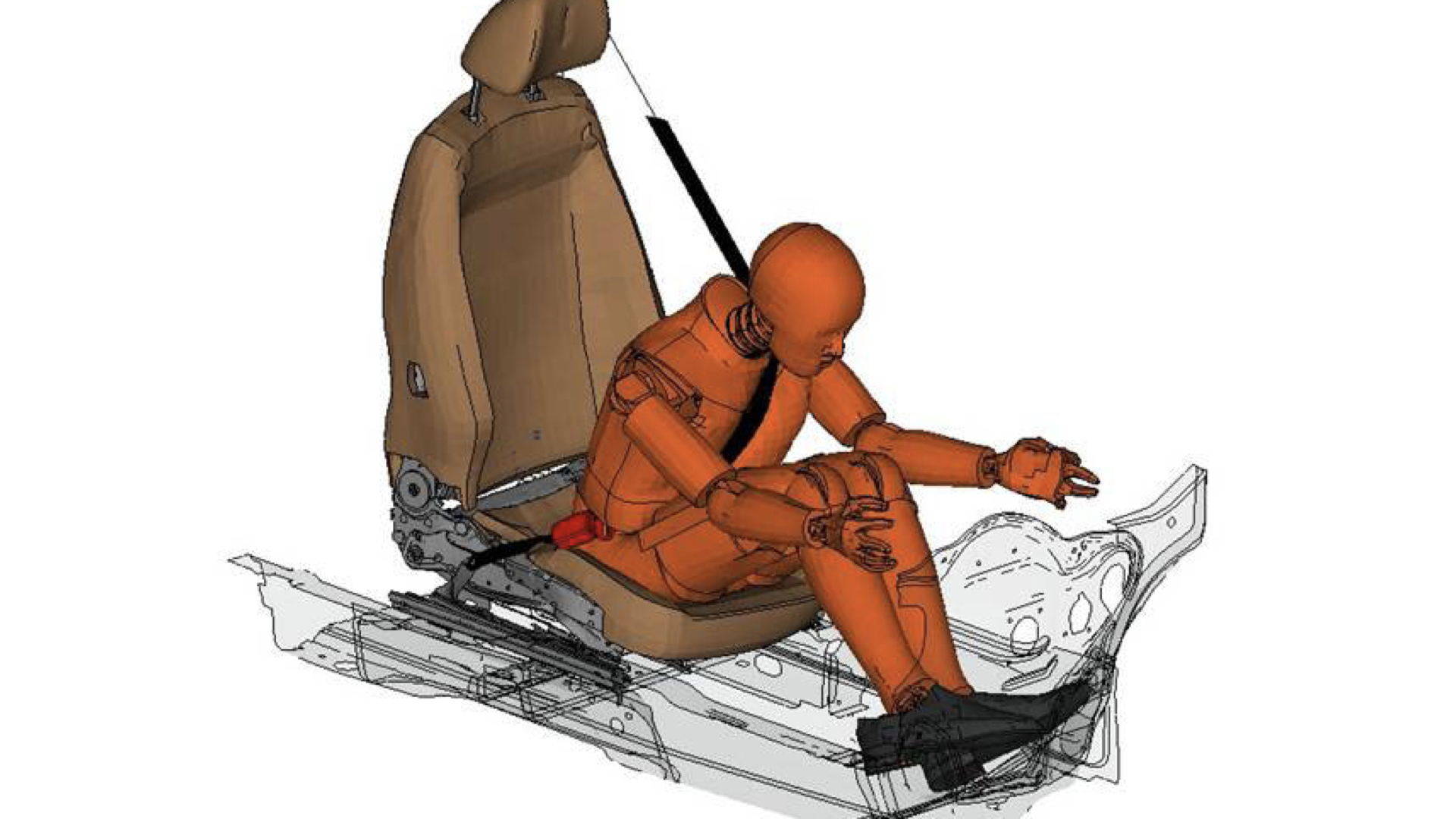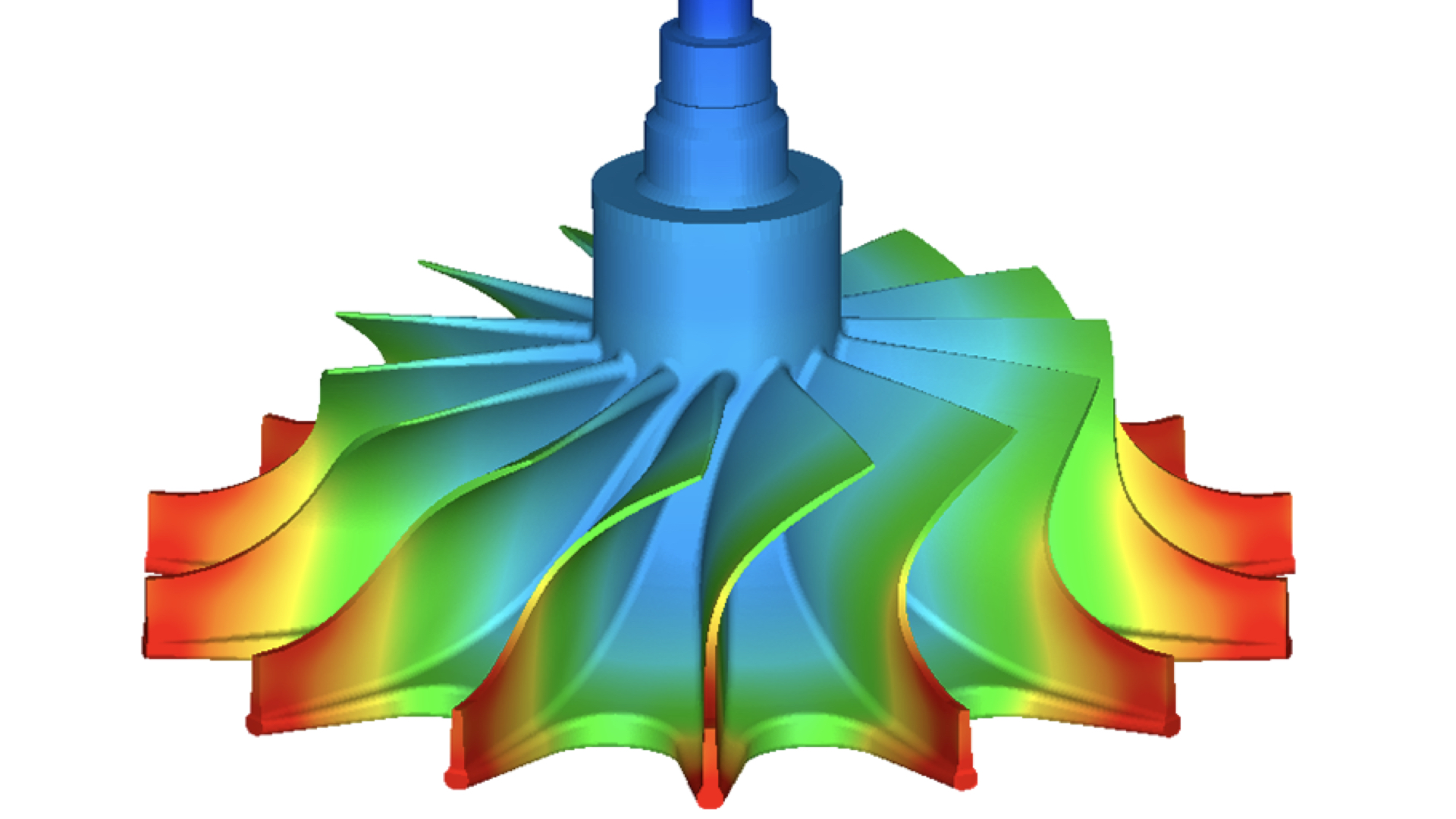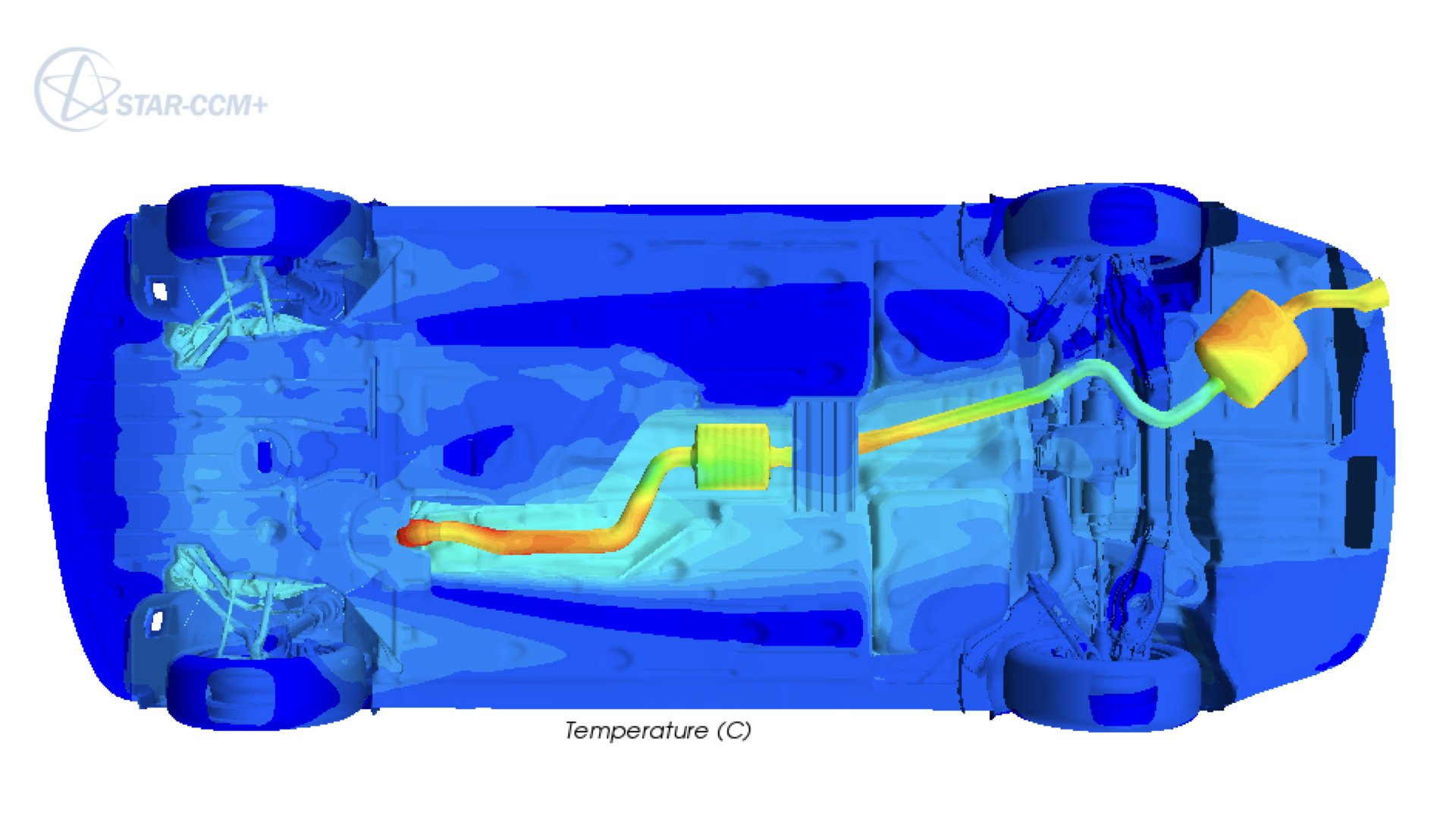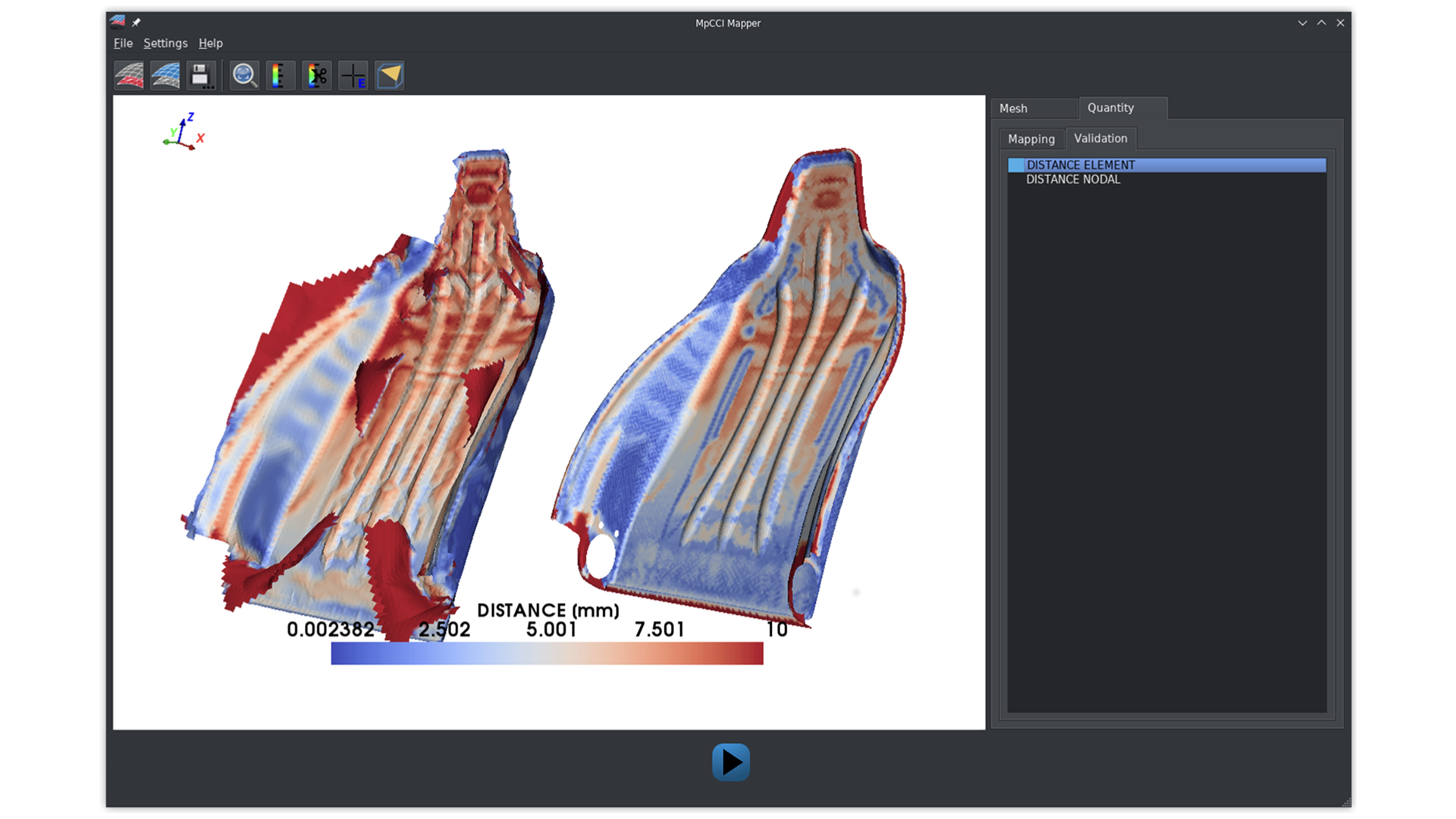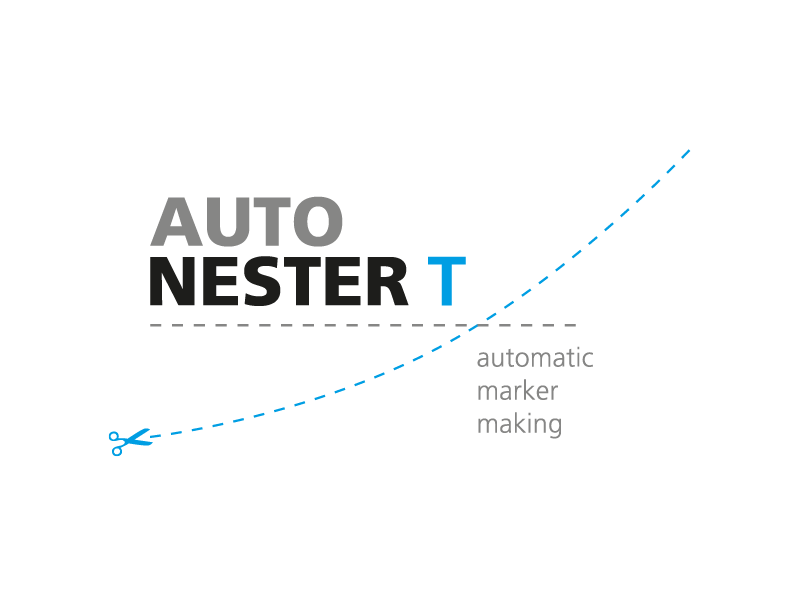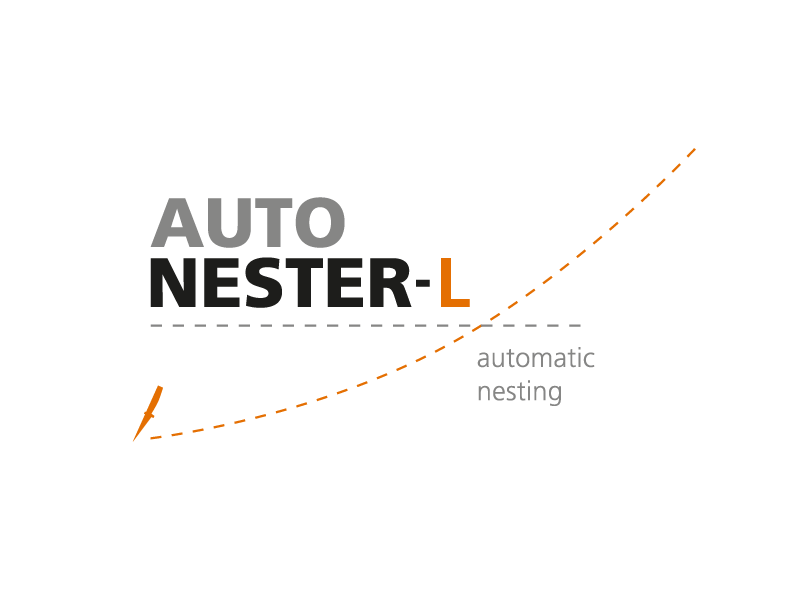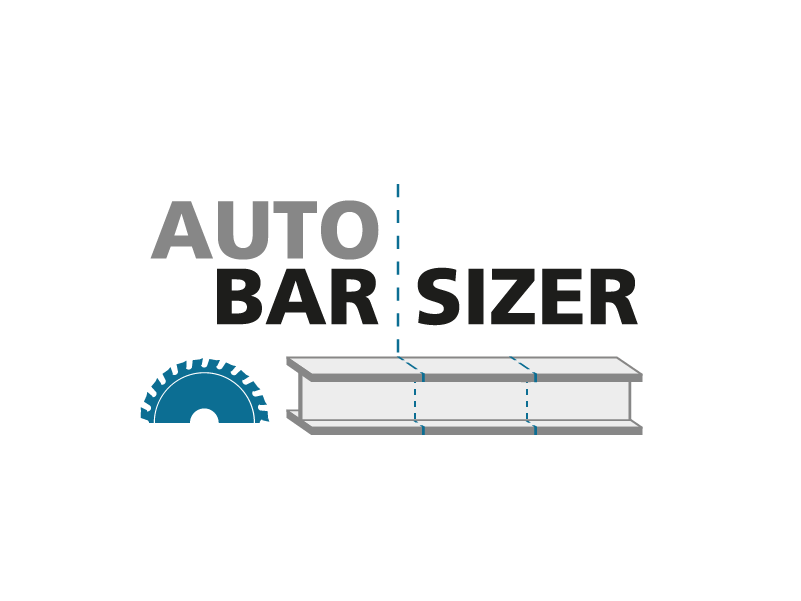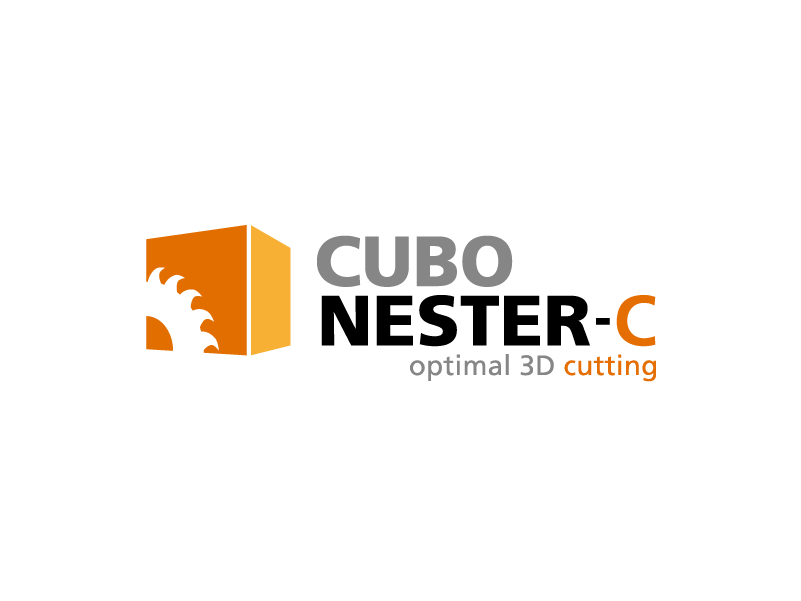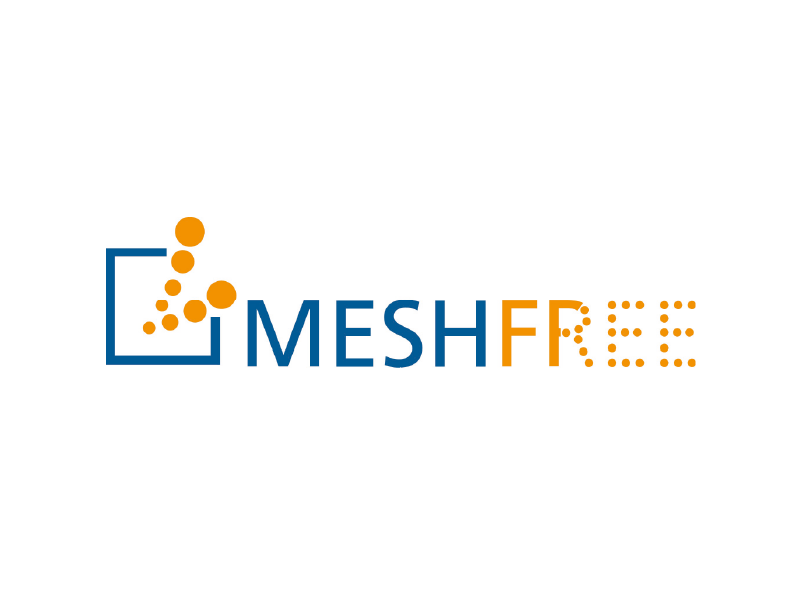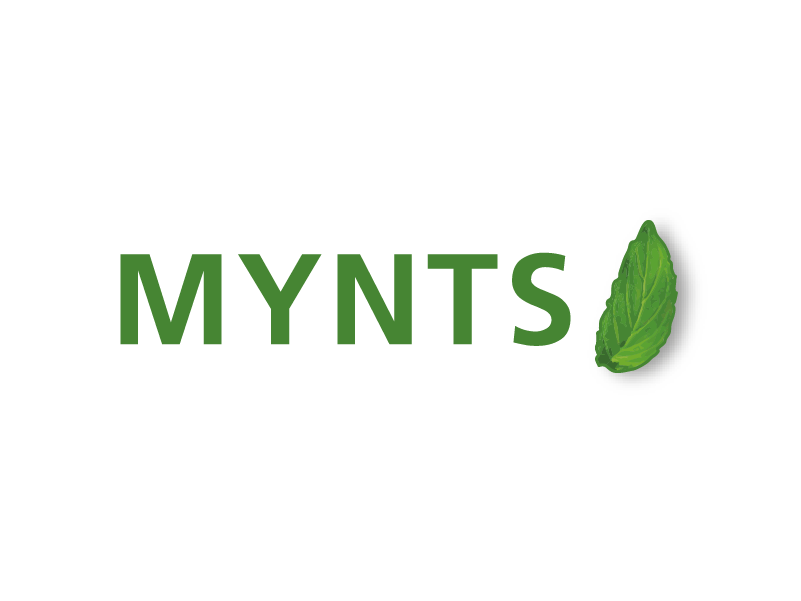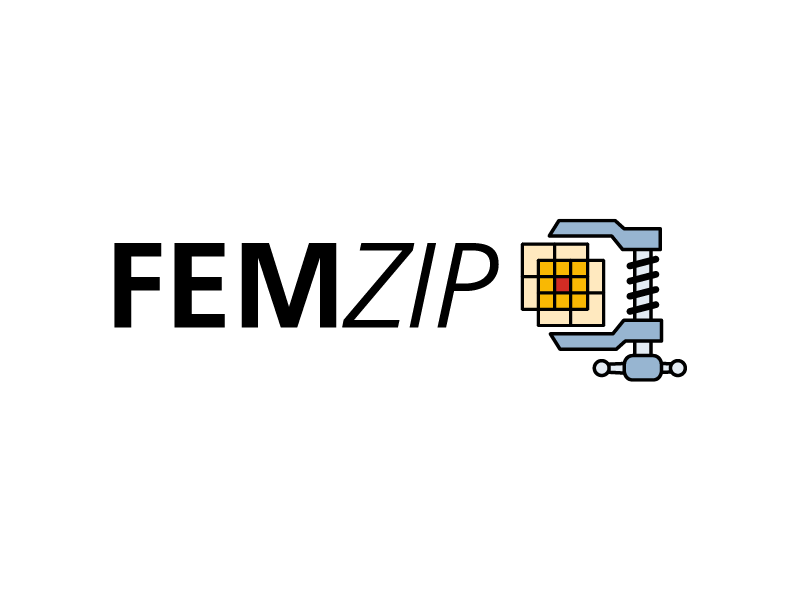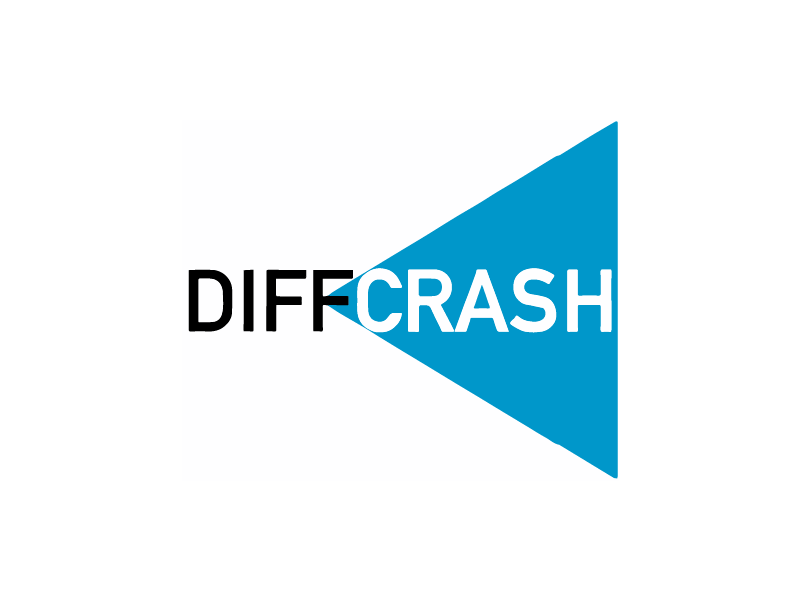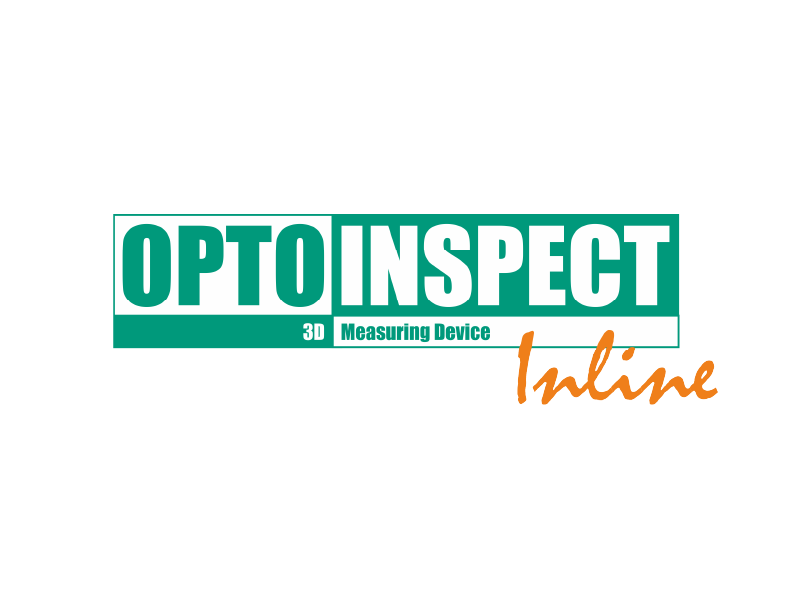MpCCI is a vendor neutral and application independent interface for co-simulation. MpCCI offers advanced and proven features for multiphysics modelling.
Advanced Multiphysics modelling
- Accurate and robust neighbourhood calculation and mapping algorithms
- Various numeric stabilization methods
- Predefined setups for typical coupling types
- Open programming interface for in-house codes
MpCCI CouplingEnvironment
Bi-directional coupling of simulation codes for static and transient multiphysics problems.The MpCCI CouplingEnvironment links simulation programs, thereby solving multidisciplinary problems. The software supports the leading industrial simulation tools. Detailed information can be found at mpcci.de/en/
MpCCI Mapper
One-way transfer and mapping of CFD results into FEA models.The MpCCI Mapper supports complex simulation workflows and process chains involving multiple FEM packages. The software handles data interpolation and data conversion between the codes. Detailed information can be found at mpcci.de/en/
MpCCI FSIMapper
One-way transfer and mapping of manufacturing and forming results into crash and structural analysis.The MpCCI FSIMapper interpolates the data between different simulation meshes used for CFD- or FEM-simulations, taking care of different mesh densities or orders. Detailed information can be found at mpcci.de/en/
Application Areas
Fraunhofer SCAI designs and optimizes industrial applications, implements custom solutions for production and logistics, and offers calculations on high-performance computers. All services are based on industrial engineering, combined with state-of-the-art methods from applied mathematics and information technology. Detailed information about the application areas can be found at mpcci.de/en/application-areas


